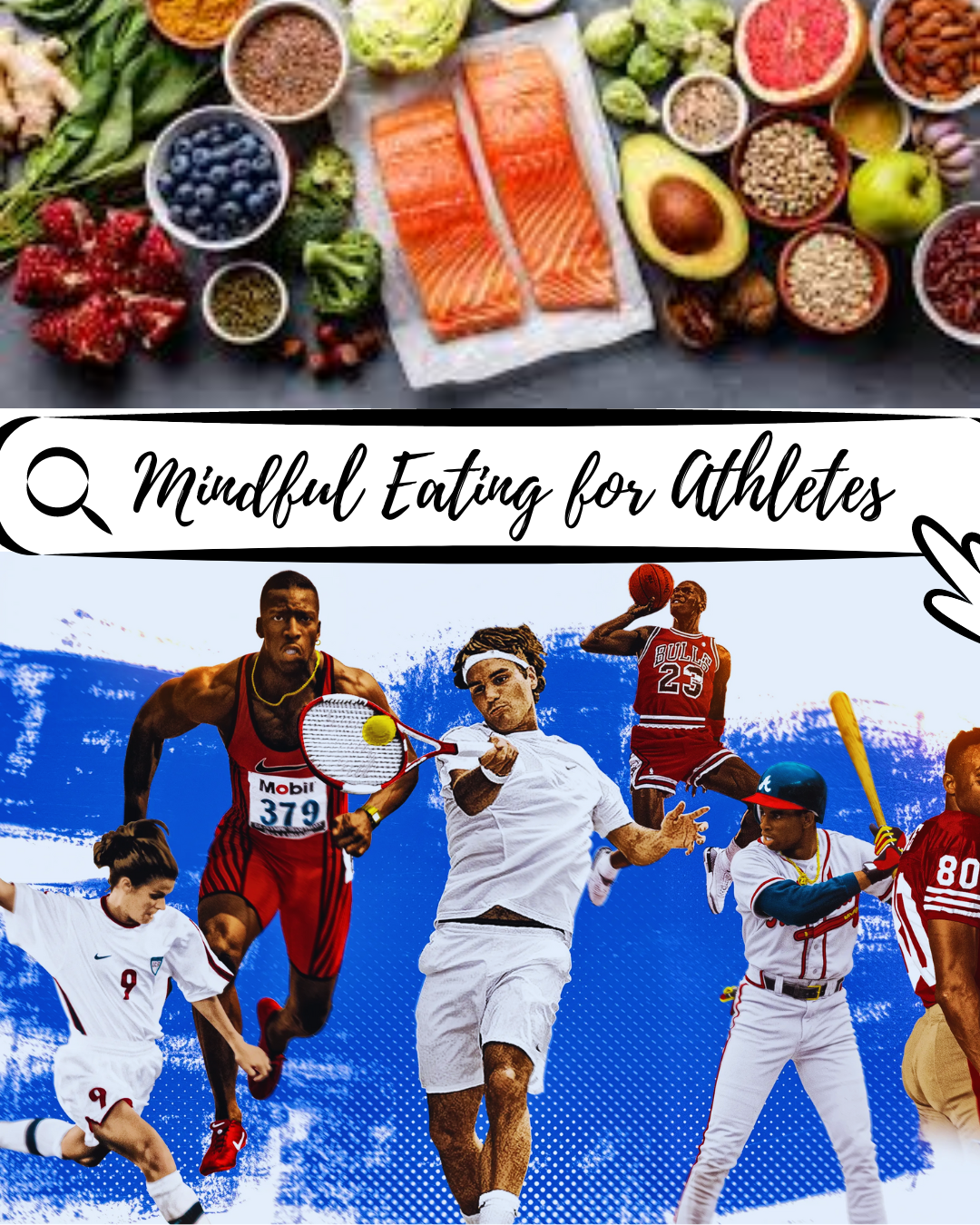Athletes have to be mindful of what they eat before, during and after training. Food choices and timing of meals has a direct impact on their sports performance
Eating is an activity essential for human survival.
When it comes to athletes, they must eat the right foods in order to ensure adequate nourishment, which will allow them to train more efficiently, enhance their performance, recover faster, reduce fatigue as well as the risk of illness and injury.
Let me start by telling you the story of a few athletes,
Zorawar (name changed) was a great junior football player and played well at tournaments. He fell sick before a major tournament and away from the sport for 3 weeks. Boredom caused him to feel hungry all the time. This led to mindless eating and constant grazing on food, and, the outcome was obvious- he gained weight. He struggled with his masterstrokes and skills on the pitch. Coach put him in reserve for an upcoming tournament.Â
Rhea (name changed), a super-talented teenage skater, went for a competition in Belgaum and loved the street food there. Mindless eating led to severe stomach upset followed by a drop in her performance.Â
What do these stories tell us?Â
The stories emphasise the need to be mindful of eating habits, food choices to enhance sports performance and remain at peak.  Athletes need to develop a healthy relationship with food. Mindless eating, and food choices can hamper their performance.Â
What is mindful eating?Â
Mindful eating is based on the concept of mindfulness. ‘Mindfulness’ refers to the state of being completely present and putting your complete focus into whatever we are doing at one given point of time. Mindful eating is engaging your complete presence and awareness while eating food.Â
Mindful eating is being aware of what, why and how you are eating without any guilt or judgement. It is about savouring food with all your senses and being aware of internal factors- hunger, fullness and energy levels as well as external factors- smell, sight of food and your desire to eat.
What are the key benefits of mindful eating for athletes?
1. Helps them focus on their sport better by reducing the stress caused by constant calorie counting, as well as strict food related rules.Â
2. Being mindful may also help in ensuring adequate hydration for athletes.
3.  Helps athletes understand their body needs and apply sports nutrition rules to the special needs of their own body, in order to balance between periods of training, recovery and rest.
4. Helps to develop a positive relationship with food and reduces the risk of eating disorders among athletes.Â
5. Prevents binge-eating and under-eating episodes, as well as eating in response to emotions
6.Being non judgemental promotes acceptance of their performance on field, acceptance for their bodies and helps athletes achieve the ideal, sports relevant weight and body composition without stress and strict restrictions.Â
7. Being patient is a skill and value that every athlete needs to develop irrespective of the sport.Â
What are some quick & easy-to-follow tips that athletes should implement?Â
1. Believe that eating is a nourishing, wholesome and pleasant activity. 
2. Enjoy food with all your senses. Before you even put the food in your mouth, notice the appearance, texture , aroma of the food and then taste and savour the food.
3. Â While eating, focus on how your body feels, observe the hunger and satiety cues.
4. Avoid counting calories
5. Do not skip meals
6. Plan ahead and eat meals based on training- pre-during and post exercise
7. Avoid distractions of phone, television during eating.
8. Keep the negative thoughts awayÂ
Be kind to yourself- nourish and nurture with patience and consistency
7.  References:
1.  Nelson JB. Mindful Eating: The Art of Presence While You Eat. Diabetes Spectr. 2017 Aug;30(3):171-174. doi: 10.2337/ds17-0015
2.  Book-Albers, S. (2012). Eating mindfully: How to end mindless eating and enjoy a balanced relationship with food. New Harbinger Publications.Â
3.   Book- Hanh, T. N., & Cheung, L. (2011). Mindful eating, mindful life: Savour every moment and every bite. Hay House, Inc.
4. Team, Nutrition, NSWIS. (2019, April 2). 6 tips for athletes to achieve “Mindful Eatingâ€Â NSW Institute of Sport (NSWIS).
Blog by Arwa Ujjainwala-Dietitian and Lecturer, MumbaiÂ


